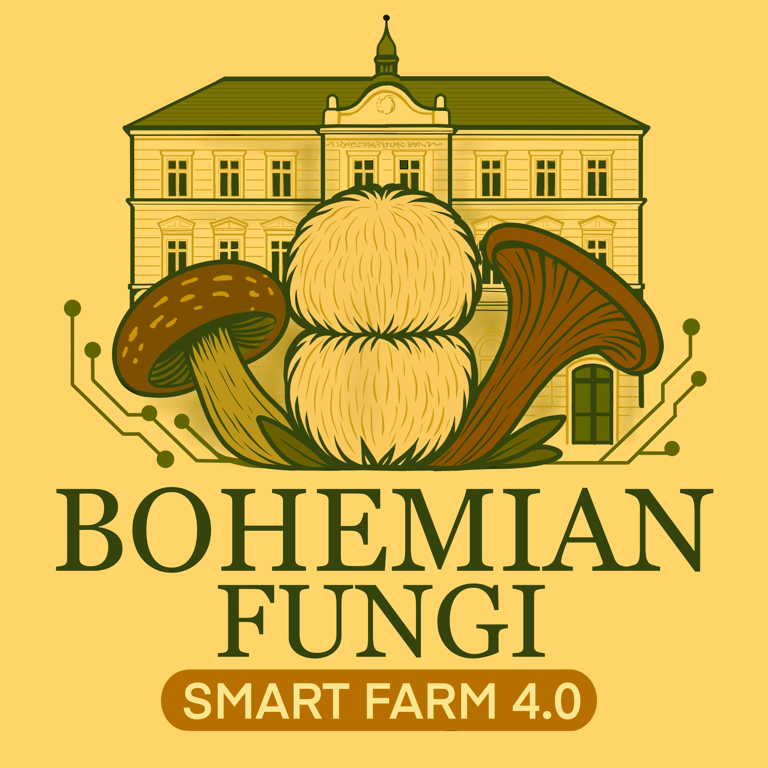Composting and Recycling Mushroom Substrates: Closing the Loop in Prague
See how Prague farms recycle mushroom substrates into compost, soil boosters, and bioenergy—closing the loop in sustainable food production.
MYCOACADEMYMYCOACADEMY- SUBSTRATE
9/15/20251 min read
Every crop of oyster, shiitake, or lion’s mane mushrooms grows on a substrate—a mixture of organic materials like sawdust, straw, or coffee grounds. Once the mushrooms are harvested, farmers are left with what’s called Spent Mushroom Substrate (SMS).
Instead of treating it as waste, innovative farms in Prague (including ours) are finding ways to compost and recycle mushroom substrates, turning yesterday’s growing medium into tomorrow’s resource.
Why Recycling Substrate Matters
Reduces Waste
Mushroom farming generates tons of substrate every year. Composting keeps this material out of landfills.
Boosts Soil Health
SMS is rich in organic matter, nitrogen, and beneficial microbes, making it a perfect soil conditioner for gardens, farms, and vineyards.
Supports the Circular Economy
Recycling mushroom substrates shows how urban farming can feed people and regenerate ecosystems at the same time.
Practical Uses of Spent Mushroom Substrate
Composting for Gardens: Home gardeners can use SMS to enrich soil for vegetables and flowers.
Animal Feed: Some studies show SMS can be repurposed as part of livestock feed.
Bioremediation: Oyster mushrooms are known to break down toxins—meaning recycled substrate can even help clean contaminated soils.
Bioenergy Production: SMS can be converted into biogas or biochar, adding renewable energy to the cycle.
How Prague Leads the Way
Prague has a strong culture of urban sustainability and community gardening. By linking local mushroom farms with community compost programs, the city can:
Supply nutrient-rich compost to community gardens.
Support eco-friendly restaurants looking for zero-waste partnerships.
Reduce the city’s organic waste footprint.
This makes mushroom farming not only about food, but also about environmental impact and community resilience.
Final Thoughts
Mushroom farming doesn’t end at harvest—it’s part of a continuous cycle of regeneration. By composting and recycling mushroom substrates, farms in Prague are showing how food systems can be sustainable, local, and waste-free.
If you are interested in trying out those amazing mushrooms you can find them here.
And a very interesting study by MDPI Recycling on spent mushroom substrate on this link.
